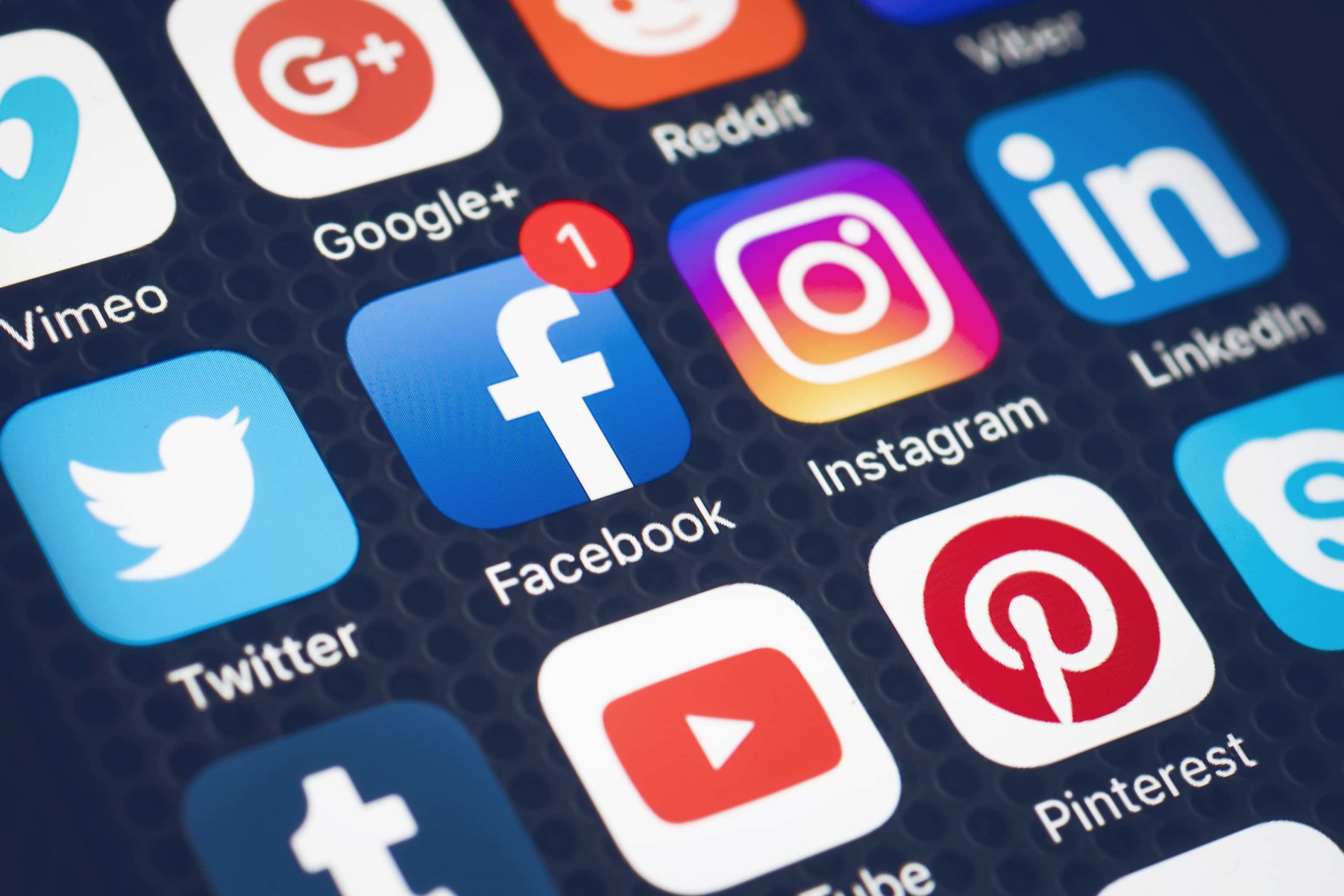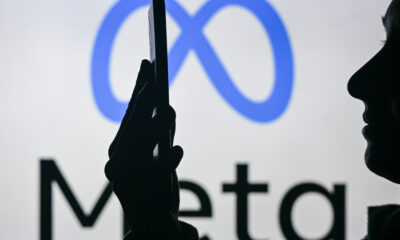
Lifestyle

Rabbis get savvy with social media
Passing on knowledge of the Torah through the generations has always been one of the roles of a rabbi. In the fourth industrial revolution, however, social media has given them a new medium.
Though some may raise eyebrows at spiritual leaders who use social media, prominent South African rabbis this week told the SA Jewish Report that it’s not the medium of communication, but the message that counts.
“A rabbi is all about communication,” says Chief Rabbi Dr Warren Goldstein. “It’s about connecting with people, and communication shouldn’t be only one way. Real communication is about a conversation and an open connection between people.”
Goldstein sends messages to the community via the Chief Rabbi website, Facebook page, and YouTube channel.
Rabbi Sam Thurgood of Beit Midrash Morasha in Cape Town and Rabbi Ari Shishler of Chabad of Strathavon in Sandton are both on WhatsApp, Facebook, Twitter, and Instagram, though Thurgood doesn’t really use the latter two to communicate with his community.
Whereas Shishler also uses Linkedin and TikTok, Rabbi Levi Avtzon of Linksfield Senderwood Hebrew Congregation mainly uses WhatsApp and email.
“When communicating with my community, I have found only those two platforms to be really effective,” says Avtzon. “The main age group of my community isn’t on the other forms of social media.”
Avtzon uses WhatsApp to advertise events in his shul, keep in contact with members, and send out voice notes and links to his various podcast platforms. “I also use it to find out what’s going on with the community and to contact people to help them with whatever they’re going through. I find WhatsApp an incredible tool for a rabbi.”
Goldstein says he uses social media to converse with the South African Jewish community, sharing ideas and listening. “Social media also allows you to really spread a message. That’s something which is so special,” he says.
Thurgood uses WhatsApp and Facebook, which he has been on since he became the rabbi of his community nine years ago, to send a daily Torah message to every member of his community. He also livestreams on Facebook two short shiurim that he delivers at his shul every day.
People often send Thurgood messages saying, “This is particularly interesting”, “I’ve got a question about this”, or “More of that please”. He regularly uses social media to engage his community in meaningful discussion about Judaism, even when they’re not together at shul.
“Though shul is wonderful for those who attend it and we certainly must use every educational opportunity that we have within the shul, there are a lot of people you can reach daily or weekly on their phones and computers in their homes through social media,” says Thurgood. “The core mission of the rabbinate of connecting and educating is served via those vehicles.”
Shishler has been on all the social media platforms he finds useful since their inception, except for TikTok.
He finds Facebook a particularly good way to network with Jews in his community and around the world, and to keep a finger on the pulse of the important things in their lives. “It’s an amazing tool to be able to share the values of Judaism, Torah teaching, online classes, and so forth.”
Having initially used social media to share personal content and find out about people’s personal matters, Shishler now mainly uses it to share Jewish content and have meaningful engagement.
Social media can be a black hole, says Shishler. “You can get completely caught up in watching, tagging, sharing, becoming almost addicted. My attitude is clear that if you’re going to be affected by social media, don’t be on social media. If you’re going to use it as a force for good, then, as a rabbi, that’s a place where you should be.”
Avtzon says social media has made him much more accessible. “Calling the secretary to make an appointment with the rabbi is no longer such a thing. People contact the rabbi directly,” he says. Although he admits that social media is relentless, bombarding a rabbi with messages 24/7, he believes senior rabbis may appreciate how it reduces the distance between them and their community. “Any barrier you can take down between the rabbi and his congregation is a gift,” he says.
But he warns, “A rabbi, like any human being, has to be cautious when going on Facebook, Instagram, and the like to make sure that they’re using the benefits and not letting themselves and their communication be affected by the garbage that’s out there.”
Thurgood says rabbis’ use of social media would become an issue only if they weren’t using it productively. Going there to teach and connect with people is a spiritual and positive way to engage.”
Like television, radio, print media, and the internet, social media can be used in a healthy or unhealthy way, says Shishler. “As a rabbi, you must be really careful. A lot of the content is spiritually not of our belief system, so it’s important to be somebody who’s contributing to social media rather than somebody who’s receiving from that space.”
Social media has turned everyone, including rabbis, into active partners, not just passive recipients of information, says Goldstein.
“That means they can really take action. I think, over the years, we’ve seen this in particular with the Shabbos Project.”
The project’s concept of keeping Shabbos together is fostered by social media, which creates an environment in which people can connect with family, friends, and Jews around the world.
Goldstein believes social media can assist in nurturing and building a thriving South African Jewish community. “It’s a blessing to be able to have platforms like this,” he says.











Len Gronemann
November 23, 2021 at 11:53 am
Whenever there is a story which could be of interest to the whole community the Jewish Report only seems to seek comment from Orthodox rabbis and shuls and not include Progressive rabbis and shuls.
The above and other stories such as Black people converting to Judaism are examples.
The Progressive community may be very small but they are still part of the community and in matters of general Jewish interest it would be nice to get comment from their side as well.